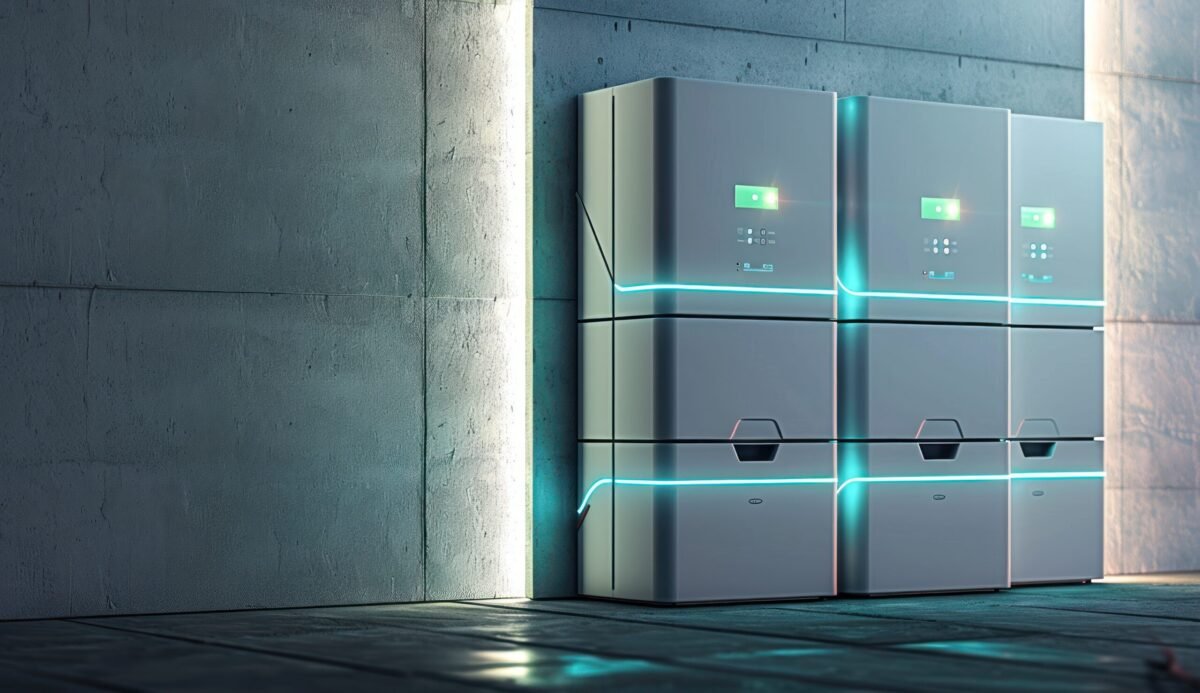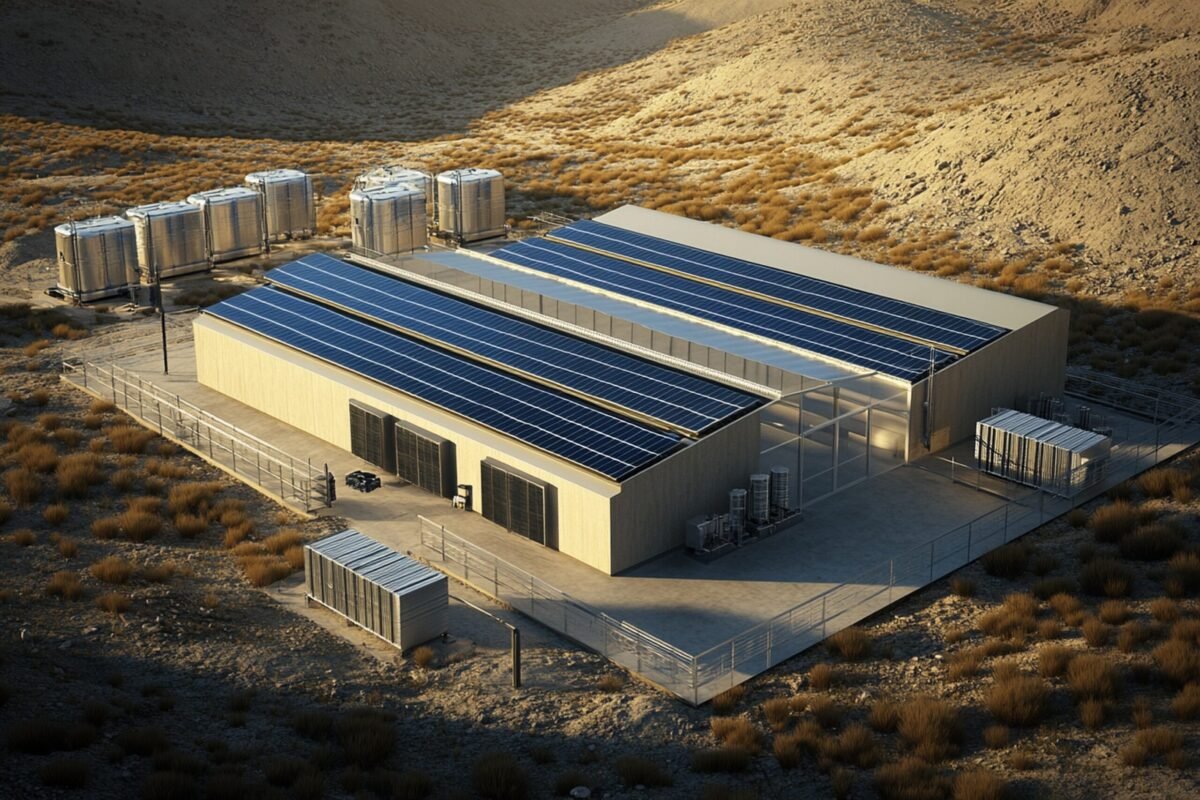
Why BESS is the Missing Link in Pakistan’s Industrial Energy Shift
As Pakistan’s industrial sector grapples with rising electricity costs, unreliable grid supply, and increasing environmental pressures, the shift toward solar and hybrid renewable energy solutions is no longer a trend—it’s a necessity. While solar adoption has picked up pace in industries, Battery Energy Storage Systems (BESS) remain vastly underutilized, despite being a crucial piece of the energy puzzle.
The Industrial Energy Crisis in Pakistan
Industries across Pakistan face:
- Frequent Power Outages: Leading to production halts and damaged equipment.
- High Tariffs: Grid electricity rates reaching up to Rs. 62/unit during peak hours.
- Generator Dependency: Costly diesel-based generators with high carbon emissions.
- Unpredictable Load Shedding: Disrupting operations and reducing profitability.
While solar systems have helped mitigate some of these issues, the absence of effective storage solutions means excess energy is often wasted, and backup still relies on fossil fuels.

Why BESS Is the Need of the Hour
- Maximize Solar ROI
BESS allows industries to store excess solar energy generated during the day and use it during non-sunlight hours or peak demand periods—increasing self-consumption and minimizing reliance on the grid or generators.
- Reduce Peak Demand Charges
Industries can use stored energy to reduce grid consumption during peak hours, leading to significant savings on demand charges and time-of-use tariffs.
- Ensure Uninterrupted Operations
A robust BESS provides instantaneous backup, ensuring no downtime even during grid outages—critical for process-sensitive industries like textiles, pharmaceuticals, and food processing.
- Grid Independence & Stability
With BESS, industries can move towards microgrid models, becoming more energy-independent and reducing strain on the national grid—especially important in remote or underserved regions.
- Sustainability & ESG Compliance
BESS supports clean energy adoption, helping industries reduce carbon footprints and align with ESG goals and international compliance standards, particularly for exporters.
Applications of BESS in Industrial Settings
- Peak Shaving: Reducing electricity usage during expensive peak periods.
- Load Shifting: Storing energy during low-cost periods for use when prices rise.
- Backup Power: Seamless power supply during outages.
- Hybrid Integration: Combining with solar and wind for 24/7 renewable energy coverage.
- Demand Response: Enabling participation in future smart grid programs.
What’s Holding Back BESS in Pakistan?
Despite the benefits, BESS adoption in Pakistan is slow due to:
- High Initial Costs
- Lack of Awareness & Technical Expertise
- Limited Local Policy Incentives
- Concerns About Battery Life and Disposal
But the landscape is changing. With declining battery costs, increasing load-shedding fears, and global shifts towards renewable + storage models, early adopters in Pakistan stand to gain a strategic advantage.
Time to Invest in Energy Resilience
At Solato Smart Private Limited, we believe that solar without storage is only half the solution. We’re actively working with industrial clients to integrate BESS with solar systems, offering custom hybrid solutions that are financially viable, technically robust, and future-ready.
We help industries:
- Analyze their load profile
- Design optimal battery capacity
- Select Tier-1 Li-ion or LFP batteries
- Integrate smart energy management systems
- Access financing or rental models (SERA)
Future Belongs to Smart Energy
BESS is not just a backup—it’s a strategic asset that improves profitability, operational resilience, and sustainability for Pakistan’s industrial sector.
As solar adoption grows, the next logical step is intelligent storage. Industries that invest in BESS today will lead the energy transformation of tomorrow.
